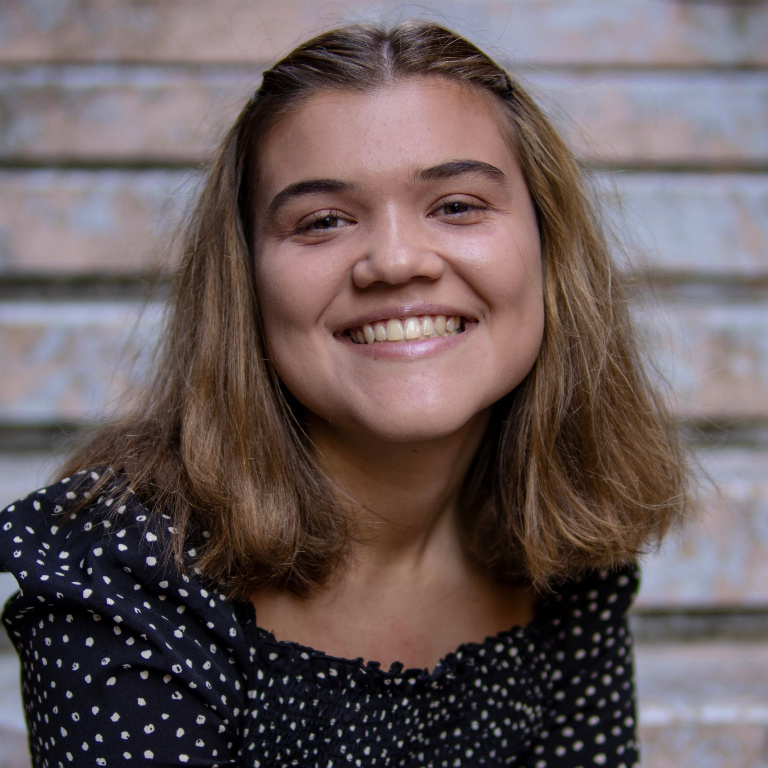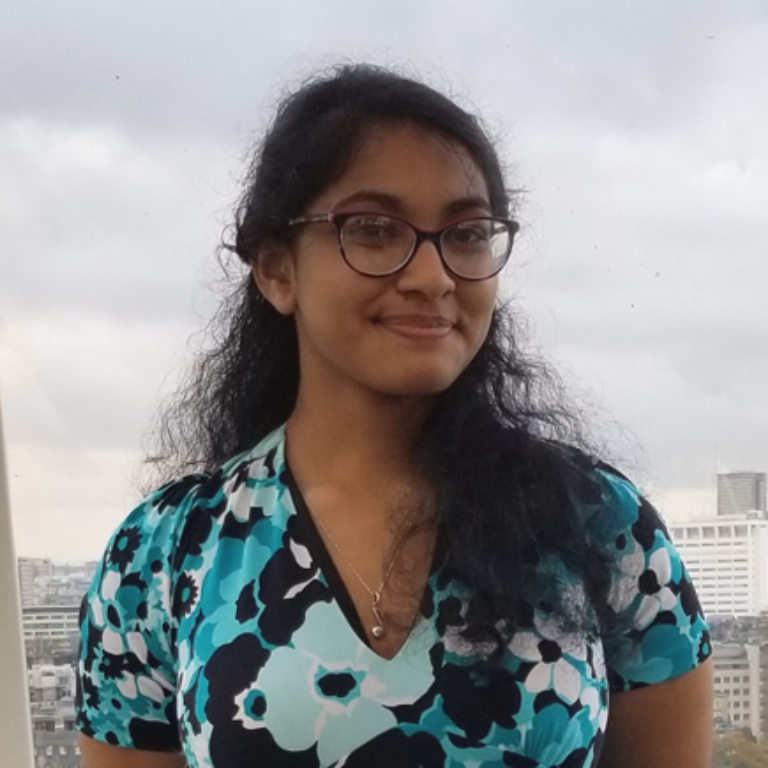Automatic Analysis of Conspiracy Theories

Amanda Kessler
Undergraduate Researcher
Mathematics Major (College of Arts & Sciences)

Aaryana Rajanala
Undergraduate Researcher
Computational Linguistics Major (College of Arts & Sciences)

Sandra Kuebler
Faculty Mentor
Sandra Kuebler (College of Arts & Sciences)
Project Description
Online conspiracy theories can lead people to ignore vaccination offers, to distrust scientific information, to harass fellow citizens, or to attack democratic institutions. With the rise of social media, conspiracy theories can reach a large number of people with unprecedented speed. We will work in a larger project on understanding how conspiracy theories spread and who is susceptible. Our specific tasks are to automatically identify conspiracy theory posts, to investigate them for specific features such as nostalgia, and for emotions.
Technology or Computational Component
Depending on the student's prior experience, she can be involved in collecting data, analyzing data for emotions, etc., or in machine learning experiments. This will involve working with spreadsheets, running customized analysis software, and programming (if desired).

